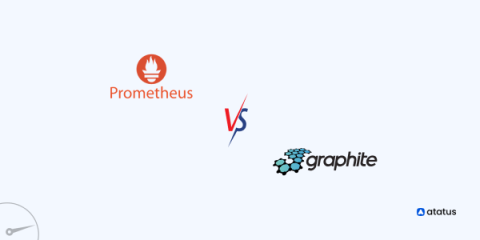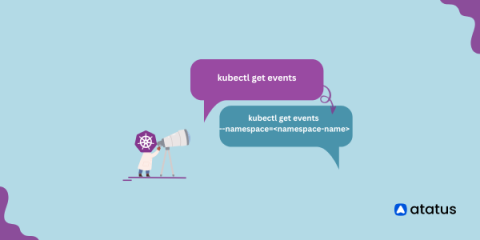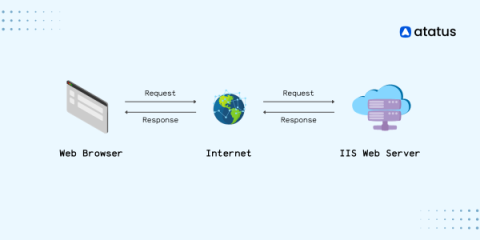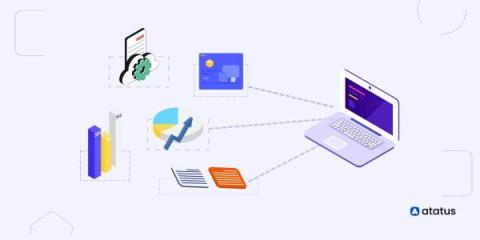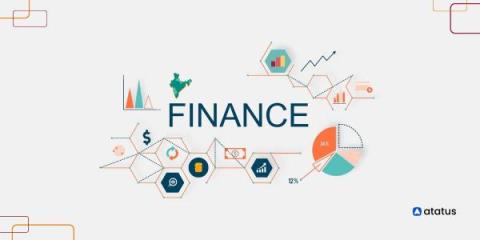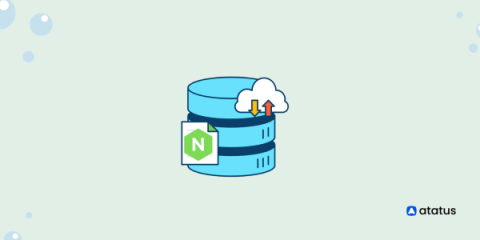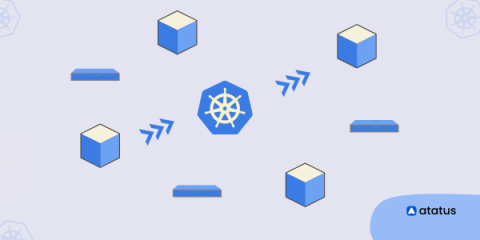Monitoring Magento (now Abode Commerce): Simple Metrics for Effective Management
Magento is a popular open-source e-commerce platform that offers merchants a flexible and powerful solution for their online stores. It's known for its scalability, extensive features, and ability to customize, making it a choice for businesses of all sizes. Magento was launched in 2008 by a company called Varien. It quickly rose to prominence as one of the leading e-commerce solutions. It came in two primary editions previously.



